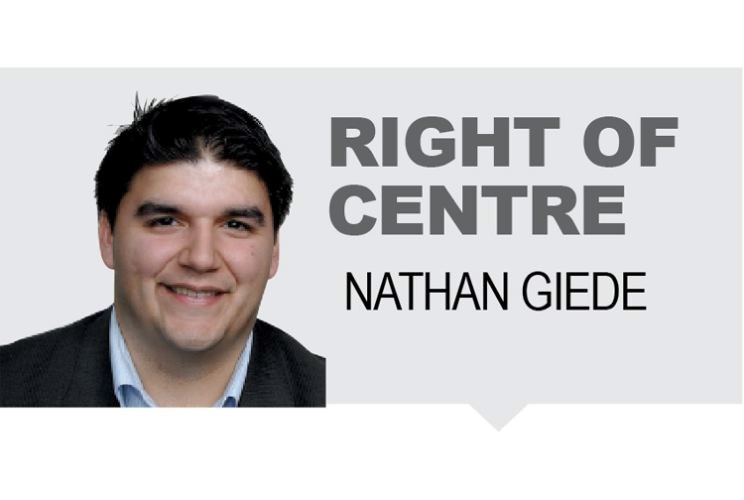A screenshot came across the web. A conversation between two men, ending “should we march on Ottawa?” and the response, “oh yeah bud!”
It was shared by a few people as a joke, then many more as a curiosity, and finally, after the agitators got hold of it, proper imagery was added, turning it into a rallying cry. People began to print it on t-shirts and bumper stickers; some wrote songs in French and English. Eventually, people marshalled and began to move.
Reasons to march on the capital were legion. Some came from parts of the country that had been left to rot long ago, others because of recent misfortune; citizens who could trace their roots back to contact or before were joined by non-residents fresh off the boat; lastly, no political ideology dominated: the presence of pandemic and the absence of paycheques affected all, but their leaders’ complete abdication of responsibility was what ultimately overcame their inertia.
The ruled have a right to rulers. And free-born people have a right to responsible rulers. In the midst of the most tumultuous times in living memory, those in charge had abandoned the chamber where deliberations on global wars, the right to vote, and transcontinental infrastructure had taken place. Commoners and barons forced King John to Magna Carta; Charles I’s actions made dragging the Speaker necessary; now a throng would propel all MPs to the green carpet.
It was rather more The Napoleon of Notting Hill than Animal Farm - average women and men moved towards the capital by planes, trains, automobiles, or foot. They gathered in the old streets our drunk founder walked and his friend was shot, looking for anyone wearing the mace lapel that marked them for Parliament. Then, with gentle words or firm hands, they nudged or dragged MPs to the chamber, from backbencher to speaker, setting guards to keep them there.
The time had now come to force Our Dear Leader out of his hovel and back to his rightful place in that green carpeted room. This presented a bit of a challenge, for unlike the others, the Queen’s Cowboys guard the head of the government and even carry out particular reporters their boss doesn’t like. But the patriots figured a Red Serge wouldn’t fire on the unarmed, and with his estranged wife pleading on their behalf, the crowd was able to coax our leader outside.
Members who were not close to the canal were eventually found or dutifully returned to the capital from the far reaches of the second largest nation on earth. Finally, the last MP was accounted for as well as a good deal of their staff. An elderly gentleman gave the mace to the Sergeant at Arms; the citizens left the chamber and sat in the hallways, on the lawn, in every pub, theatre, arena; on pews at church and foldable chairs at community halls; traffic stopped.
The state broadcaster had one crew up in the gallery, live-streaming the green room with too many desks and not enough benches. It was dead silent, but the people continued to wait for their ancient right, the oldest form of representative government on earth, in a democracy (even as a subarctic backwater) which had survived and defeated several tyrannical empires, on that day commemorating the founding of the “True North, Strong and Free.” It was a pregnant pause.
The speaker began the session, somewhat timidly. Many honourable members were a bit red faced, not being used to coercion at their jobs. Questions were stilted at first, the responses equally unconvincing. Eventually, one of the MPs from Atlantic Canada made a joke, the whole chamber guffawing. That broke the tension, and the usual ruckus of a two-sword length debate club got off to a roaring start. Traffic began to move again and the commoners returned home.
No miraculous legislation materialized and the country hardly improved. But the House of Commons being operational again brought something back to this dominion: a sense of hope.



